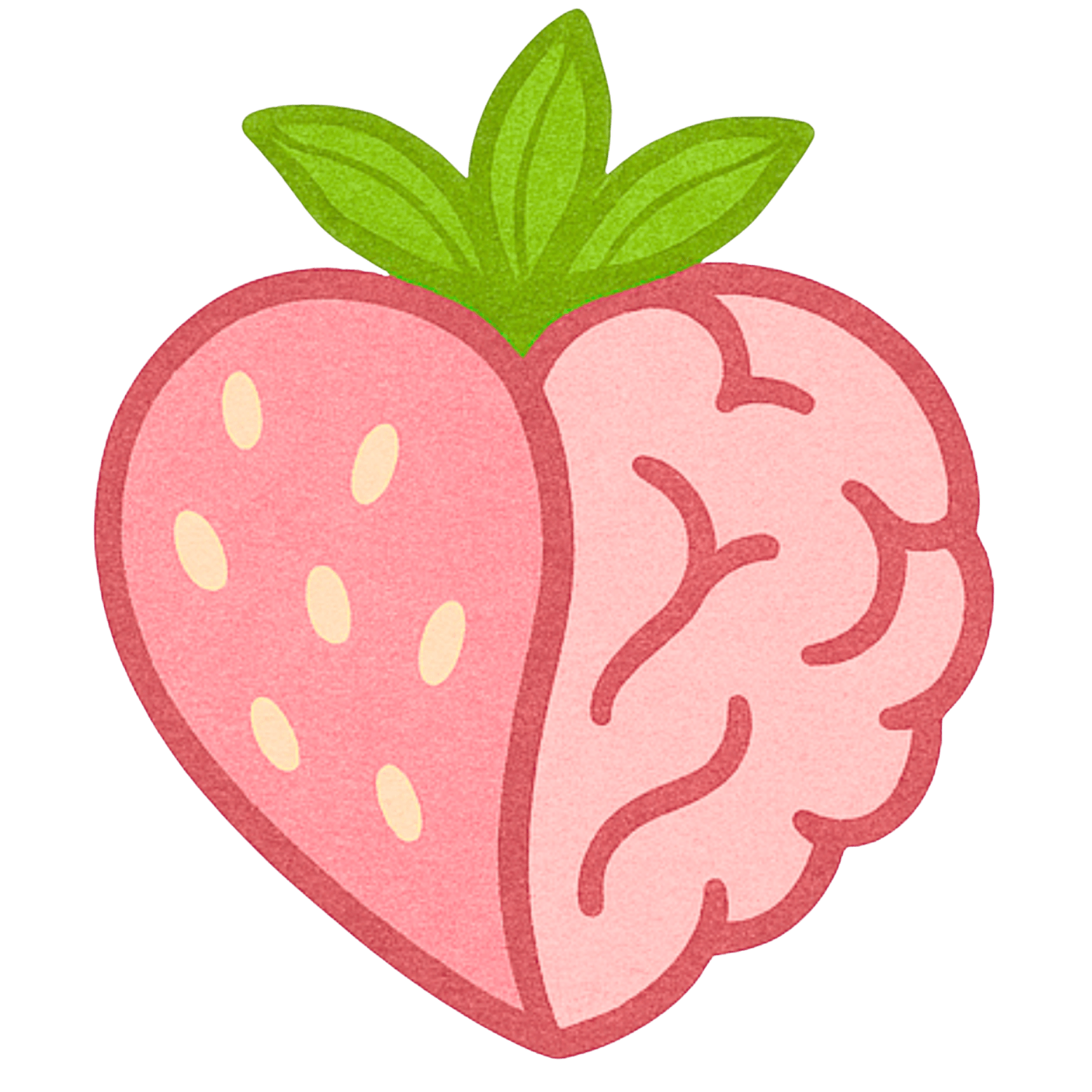
The Gut Speaks a Thousand Words: Digestive Issues and Their Associated Symptoms
Digestive function is essential for overall health, as it enables the absorption of nutrients necessary for energy production, cell repair, growth, and the formation of vital components required for proper bodily function. Additionally, it plays a key role in immunity and helps maintain a balanced gut microbiome, which influences various aspects of well-being, including mental health. Alterations in gut function can result in reduced nutrient absorption, impaired peristalsis, decreased stomach acid production, poor gut motility, and diminished enzyme production. In fact, digestive disturbances are often among the root causes of inflammatory conditions.
The Gut Microbiome and Its Delicate Balance
The gut microbiome is a complex community of trillions of microorganisms, including bacteria, fungi, and viruses. This ecosystem regulates immune function, digests food, and produces nutrients essential for the body. When this balance is disrupted—a condition known as dysbiosis—it can lead to inflammation. With 70–80% of immune cells residing in the gut, inflammation triggered here can spread systemically and even cross the blood-brain barrier, impacting mental health.
Over time, chronic inflammation can damage the gut lining, increasing its permeability. This condition, known as "leaky gut," allows harmful substances such as undigested food particles, toxins, and microbes to enter the bloodstream. The systemic inflammation caused by these substances and inflammatory cytokines can affect tissues throughout the body, including the brain.
Identifying and addressing the root causes of digestive symptoms is essential to prevent further health complications. Understanding the factors that disrupt digestion is the first step toward better gut health.
Factors That Impact Digestion
Chronic Stress
Alters gut motility, reduces digestive enzyme production, and disrupts the gut-brain axis, leading to inflammation and poor nutrient absorption.
Poor Diet
Low fiber intake, excessive processed foods, and imbalancednutrients disrupt gut microbiota, slow digestion, and promote inflammation.
Long-Term Use of Antacids or Proton Pump Inhibitors (PPIs)
Reduces stomach acid, impairing nutrient breakdown and disrupting gut microbiome balance.
Structural Abnormalities (e.g., Hiatal Hernia)
Impede food flow and allow acid reflux, causing discomfort and malabsorption.
Excessive Dieting
Restricts essential nutrients and fiber, slowing metabolism and damaging gut health.
Chronic Use of Certain Medications (e.g., Antibiotics)
Disrupts gut microbiota balance, causing diarrhea, yeast overgrowth, or nutrient deficiencies.
Liver or Gallbladder Issues
Impair bile production, leading to poor fat digestion and nutrient malabsorption.
Environmental Toxins
Damage gut lining, disrupt microbiota, and burden detoxification pathways, resulting in inflammation.
Autoimmunity
Immune responses attack digestive tissues (e.g., Crohn's disease or celiac disease), causing malabsorption and inflammation.
Infections or Conditions (e.g., H. pylori, Gastroenteritis)
Cause inflammation, disrupt gut function, or block food passage, leading to poor digestion.
Common Digestive Issues and Their Symptoms
Leaky Gut (Increased Intestinal Permeability)
Symptoms:
• Digestive distress: bloating, gas, diarrhea, or constipation, food sensitivities
• Systemic inflammation (which can manifest as joint pain, fatigue, or headaches)
• Skin issues (e.g., eczema, acne, or rashes)
• Mood swings, anxiety, or depression (linked to the gut-brain connection and inflammation)
• Autoimmune symptoms (as leaky gut is sometimes linked to autoimmune reactions)
• Fatigue (due to malabsorption of nutrients and chronic low-grade inflammation)

Dysbiosis (Imbalance of Gut Bacteria)
Symptoms:
• Digestive distress: bloating, gas, cramps, diarrhea, or constipation
• Food intolerances
• Skin issues
• Frequent infections or weakened immunity
• Bain fog, anxiety, and mood changes because gut bacteria produce neurotransmitters that affect brain function
• Fatigue
Low Stomach Acid (Hypochlorhydria)
Symptoms:
Heartburn, bloating, belching, gas
Nutrient deficiencies (iron, B12)
Indigestion
Fatigue
Feeling of fullness even after a small meal
SIBO (Small Intestinal Bacterial Overgrowth)
Symptoms:
Bloating, gas, abdominal pain, vomiting
Fatigue
Feeling of fullness even after a small meal
Nutrient deficiencies
Weight loss or gain
SIFO (Small Intestinal Fungal Overgrowth)
Symptoms:
Similar to SIBO, with added brain fog
Impaired Bile Production
Symptoms:
Fatty stools
Nausea after fatty foods
Poor absorption of fat-soluble vitamins
IBS (Irritable Bowel Syndrome)
Symptoms:
Abdominal pain, bloating, gas
Changes in bowel habits (diarrhea/constipation)
IBS (Irritable Bowel Syndrome,including Crohn’s Disease and Ulcerative Colitis)
Symptoms:
Chronic diarrhea (often with blood or mucus), abdominal pain and cramping
Fatigue
Weight loss
Anemia and malnutrition
Improving Symptoms: Restoring Digestive Health
Addressing digestive issues requires a multifaceted approach tailored to the individual's needs. Here are strategies to restore gut health:
Adopt a Gut-Friendly Diet: Focus on whole, nutrient-dense foods rich in fiber, prebiotics, and probiotics to nourish beneficial gut bacteria. Limit processed foods, sugar, and inflammatory ingredients.
Manage Stress: Practice stress-reducing techniques such as mindfulness, meditation, or yoga to support the gut-brain connection and improve motility.
Support Digestion: Include digestive enzymes or bitters, as needed, to enhance nutrient breakdown. Adequate hydration also aids digestion.
Address Underlying Issues: Work with a healthcare professional to identify root causes like food sensitivities, dysbiosis, or low stomach acid.
Optimize Lifestyle Habits: Regular exercise and quality sleep are vital for a healthy gut-brain axis and overall well-being.
Restore Balance with Supplements: Probiotics, prebiotics, and targeted nutrients like L-glutamine may help repair the gut lining and restore balance.

Your gut truly speaks volumes about your overall health. Digestive disturbances not only cause discomfort but also contribute to systemic inflammation, nutrient deficiencies, and a range of physical and mental health challenges. By understanding the factors that influence digestion and taking steps to support gut health, you can restore balance and prevent future complications. Remember, small, consistent changes in diet, stress management, and lifestyle habits can lead to profound improvements in your gut and overall well-being. Listen to your gut—it knows more than you think.
Di Vincenzo, F., Del Gaudio, A., Petito, V., Lopetuso, L. R., & Scaldaferri, F. (2024). Gut microbiota, intestinal permeability, and systemic inflammation: a narrative review. Internal and emergency medicine, 19(2), 275–293. https://doi.org/10.1007/s11739-023-03374-w
Banaszak, M., Górna, I., Woźniak, D., Przysławski, J., & Drzymała-Czyż, S. (2023). Association between Gut Dysbiosis and the Occurrence of SIBO, LIBO, SIFO and IMO. Microorganisms, 11(3), 573. https://doi.org/10.3390/microorganisms11030573
Farré, R., Fiorani, M., Abdu Rahiman, S., & Matteoli, G. (2020). Intestinal Permeability, Inflammation and the Role of Nutrients. Nutrients, 12(4), 1185. https://doi.org/10.3390/nu12041185
Latest Blog Posts

